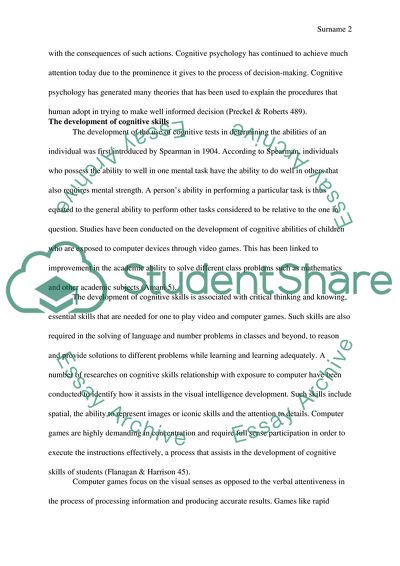Cite this document
(Relationship between Cognitive Skills and Academic Achievement Coursework Example | Topics and Well Written Essays - 2750 words, n.d.)
Relationship between Cognitive Skills and Academic Achievement Coursework Example | Topics and Well Written Essays - 2750 words. https://studentshare.org/psychology/1808250-consider-the-explanations-of-the-relations-between-educational-achievement-and-general-cognitive-ability
Relationship between Cognitive Skills and Academic Achievement Coursework Example | Topics and Well Written Essays - 2750 words. https://studentshare.org/psychology/1808250-consider-the-explanations-of-the-relations-between-educational-achievement-and-general-cognitive-ability
(Relationship Between Cognitive Skills and Academic Achievement Coursework Example | Topics and Well Written Essays - 2750 Words)
Relationship Between Cognitive Skills and Academic Achievement Coursework Example | Topics and Well Written Essays - 2750 Words. https://studentshare.org/psychology/1808250-consider-the-explanations-of-the-relations-between-educational-achievement-and-general-cognitive-ability.
Relationship Between Cognitive Skills and Academic Achievement Coursework Example | Topics and Well Written Essays - 2750 Words. https://studentshare.org/psychology/1808250-consider-the-explanations-of-the-relations-between-educational-achievement-and-general-cognitive-ability.
“Relationship Between Cognitive Skills and Academic Achievement Coursework Example | Topics and Well Written Essays - 2750 Words”. https://studentshare.org/psychology/1808250-consider-the-explanations-of-the-relations-between-educational-achievement-and-general-cognitive-ability.


